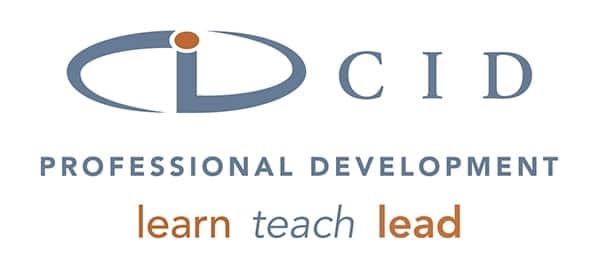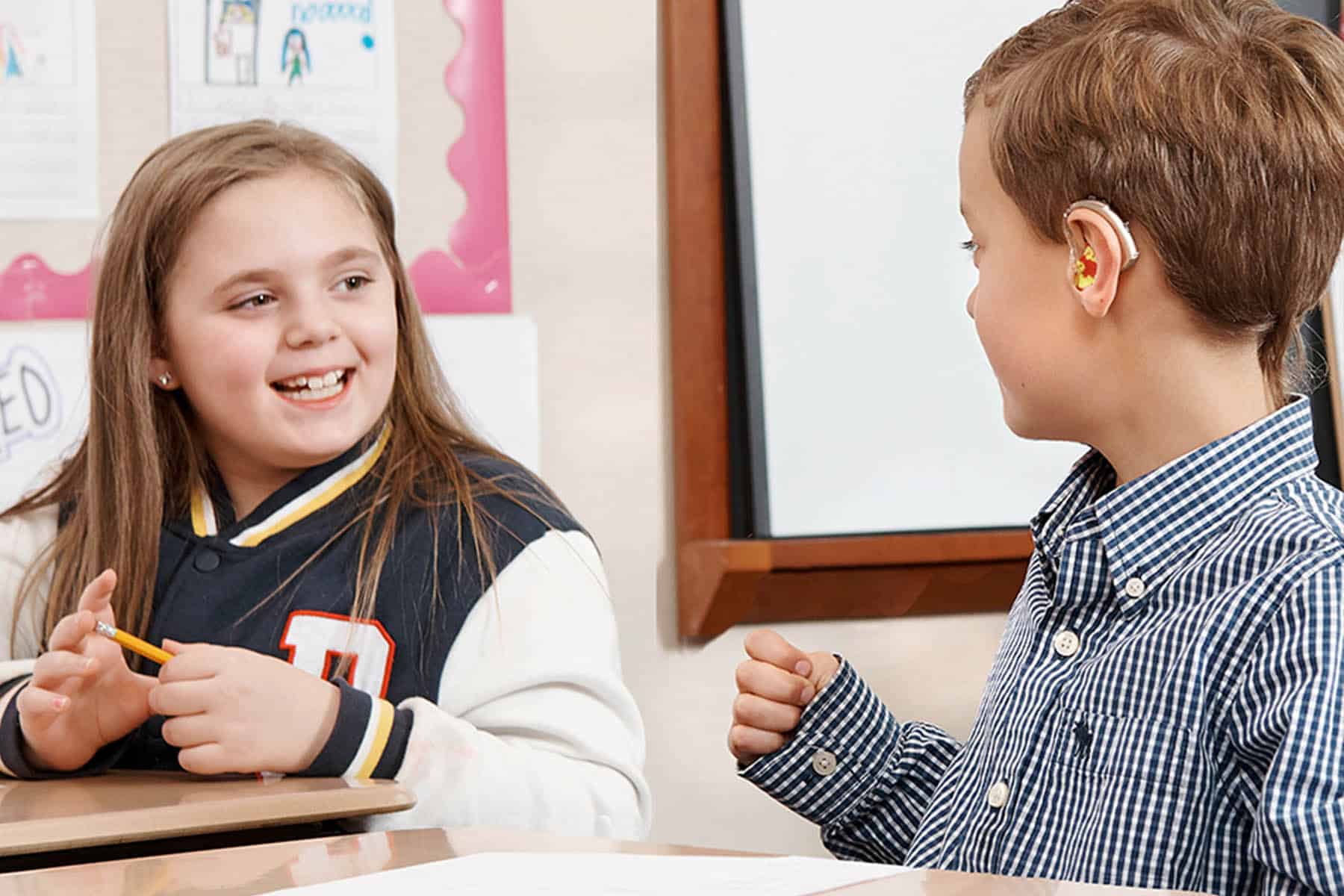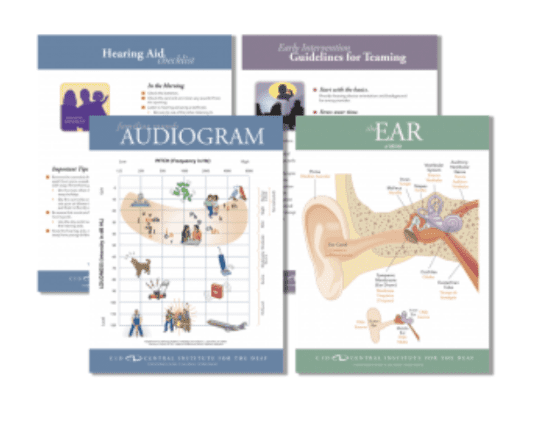Conversation is a vital and extremely complex activity. Its components depend upon language, speech and listening skills. These areas create communication challenges for many individuals who are deaf or hard of hearing.
Children who are typically developing learn how to converse by observing others having conversations. Occasionally, a parent or teacher will explicitly state a “rule” of conversation (ex: “Remember to stay on topic” or “Don’t forget to say please”). These quick lessons serve to fine tune the child’s conversational ability.
Direct instruction of conversational skills can benefit students who are deaf or hard of hearing. It is so important for these students to have abundant opportunities to observe and participate in conversations.
When teaching conversational skills, consider each student’s abilities. Focus on the skills that need to be acquired and adjust the expected outcomes accordingly. To set up the conversation for success, consider the following factors for each student:
- Is the student’s language level similar to that of her conversational partner?
- Is the student’s world knowledge and experiences similar to that of her conversational partner?
- Can the student maintain attention while others are speaking?
- Does the student mark attention (ex: nodding, “mmhmm”)
- Can the student initiate conversation (ex: “Guess what?” “What’s new?”)
- Does the student make appropriate comments in response to the conversational partner’s statements?
- Can the student ask appropriate questions?
- Does the student take turns in conversations?
- Can the student clarify or explain her statements?
- Can the student request clarification when she doesn’t understand what was said?
- Can the student change topics appropriately?
- Can the student exit a conversation appropriately? (ex: “See you later.”)
The best way to evaluate these skills is to observe the student in conversation. Use video of the student to reflect on strengths and areas for improvement that could be used to write IEP goals. Download this data collection document to help you track progress of conversational skills. You can also view our online courses on building conversational skills in preschool and school-aged students.

Jennifer Manley was a teacher of the deaf and associate coordinator of the Emerson Center for Professional Development at Central Institute for the Deaf- CID. Ms. Manley is co-author of the CID SPICE for Life auditory learning curriculum and author of the 2nd Edition CID SPICE auditory training curriculum.












